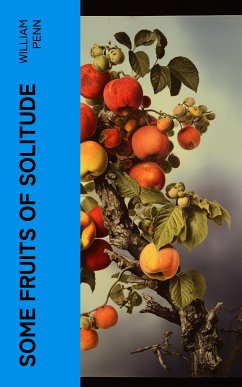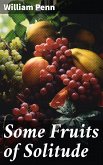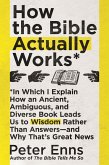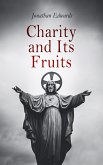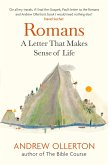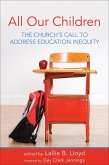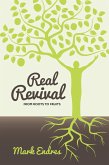"Some Fruits of Solitude in Reflections and Maxims" is a collection of epigrams and sayings edited and put together by the early American Quaker and founder of the Province of Pennsylvania William Penn. The work collected in this book presents the wisdom of pre-Revolutionary USA. Contents: Ignorance Education Frugality or Bounty Industry Knowledge On the Government of Thoughts Friendship Of Charity A Sermon Preached at the Quaker's Meeting House, in Gracechurch-Street, London, Eighth Month 12th, 1694
Dieser Download kann aus rechtlichen Gründen nur mit Rechnungsadresse in A, B, BG, CY, CZ, D, DK, EW, E, FIN, F, GR, H, IRL, I, LT, L, LR, M, NL, PL, P, R, S, SLO, SK ausgeliefert werden.

